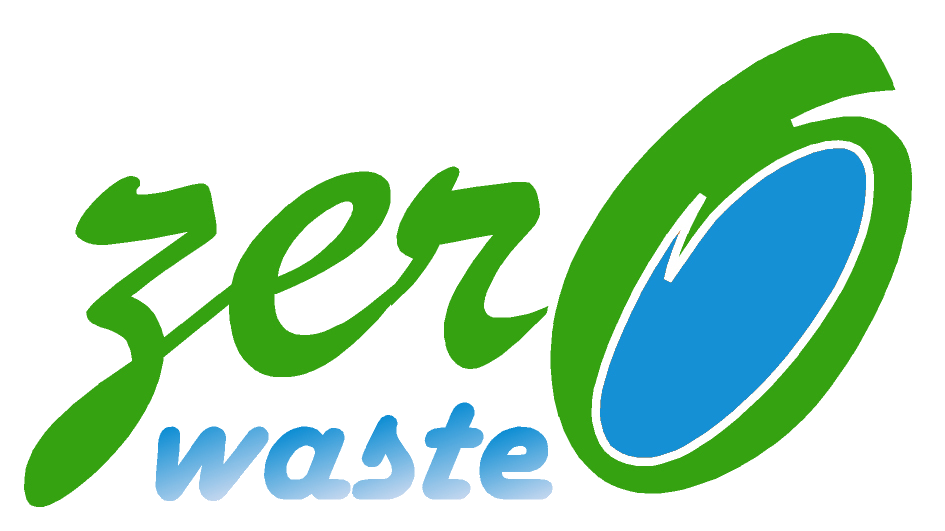New legislation under the Resource Sustainability Act, to kick in from 2024 onwards, will require food waste from large commercial and industrial premises to be treated.
Singapore, 4 March 2020 – From 2024 onwards, owners and occupiers of commercial and industrial premises that generate large amounts of food waste will be required to segregate their food waste for treatment, either on-site or off-site.
Premises required to segregate and treat food waste from 2024 onwards
2 Food waste is a major waste stream with high generation tonnage and low recycling rate. In 2018, Singapore generated 763,100 tonnes of food waste, of which only 17 per cent was recycled. Commercial and industrial (C&I) premises account for approximately 40 per cent of the food waste generated in Singapore each year.
3 A 2019 waste audit of large commercial and industrial premises revealed that: (i) the amount of food waste disposed of correlated positively with food and beverage (F&B) area for malls, and F&B and function area for hotels; and (ii) the amount of food waste disposed of in industrial premises depends on the type of commercial activities. Based on the results of the waste audit and after consulting industrial food waste generators, the National Environment Agency (NEA) has finalised the definition of large commercial and industrial food waste generators that will be subject to mandatory segregation of food waste for separate treatment.
4 Owners and occupiers of the following premises will be required to segregate food waste for treatment:
i. Shopping malls with a F&B area of more than 3,000m2;
ii. Hotels with F&B and function areas of more than 3,000m2;
iii. Large food manufacturing businesses[1];
iv. Multi-user factories with at least one large food manufacturing business1; and
v. Multi-user factories with more than 20,000m2 of gross floor area and more than
20 food tenants (e.g. food manufacturers and caterers).
5 Large food manufacturers that solely engage in the manufacturing of spices, dried foodstuffs, additives, bottled water and high-pressure processing will be exempted from the requirements as they generate only low volumes of food waste.
6 NEA will also include these definitions as part of the updates to the Code of Practice on Environmental Health (COPEH) to ensure that owners and occupiers of new C&I premises allocate space for on-site food waste treatment systems in their development plans from 2021. Approval of building plans for new C&I premises are contingent on compliance with COPEH.
7 These new requirements will help ensure that food waste from large food waste generators is segregated and diverted for treatment or converted into useful products such as animal feed, compost/fertiliser or biogas for energy generation instead of being incinerated. The segregation of food waste would enable greater resource recovery, reduce waste sent for incineration and conserve landfill space. It will also minimise the contamination of dry recyclables, thereby facilitating recycling efforts.
Government support for compliance with regulations
8 In the lead-up to the mandatory requirements in 2024, NEA will continue to support premises to implement food waste segregation and treatment. Businesses are encouraged to adopt food waste segregation and treatment early, by tapping on existing funding schemes to defray the capital cost of implementing food waste recycling projects. For example, NEA’s 3R Fund has supported owners and occupiers of 25 premises to install on-site food waste treatment systems. Owners of premises that treat food waste on-site can also reap cost savings from reduced waste disposal and haulage fees.
9 NEA is developing a guidebook to share best practices and case studies in food waste segregation and treatment. The guidebook will explain step-by-step how food waste segregation can be implemented, and the considerations for selecting a suitable type of food waste treatment. The guidebook will be made available online by the mid-2020.
Retrieved from Nea.gov.sg. (2020). More Than 300 F&B Businesses Required To Segregate Food Waste For Treatment Under New Legislation. [online] Available at: https://www.nea.gov.sg/media/news/news/index/businesses-required-to-segregate-food-waste-for-treatment-under-new-legislation [Accessed 4 Mar. 2020].


